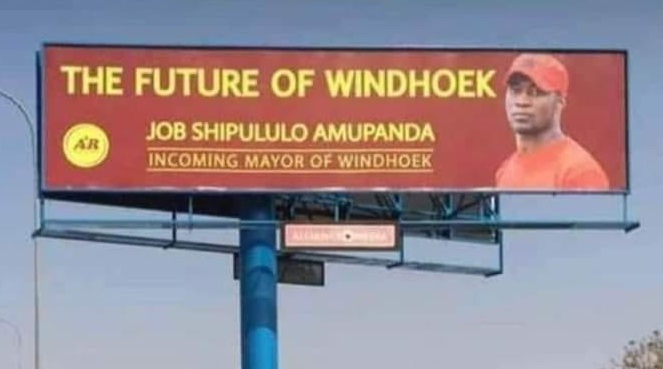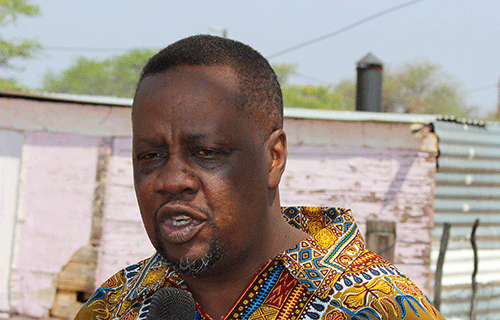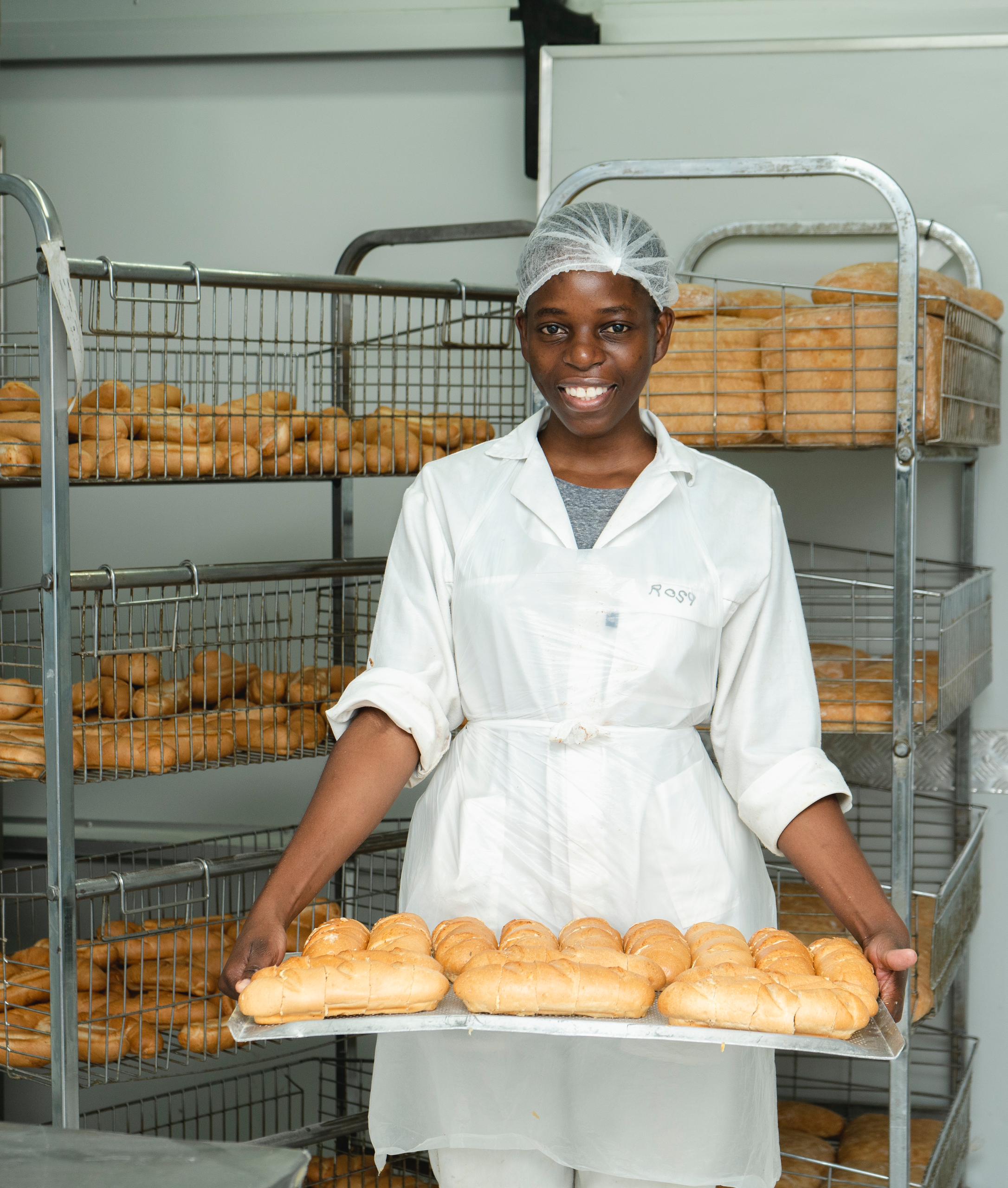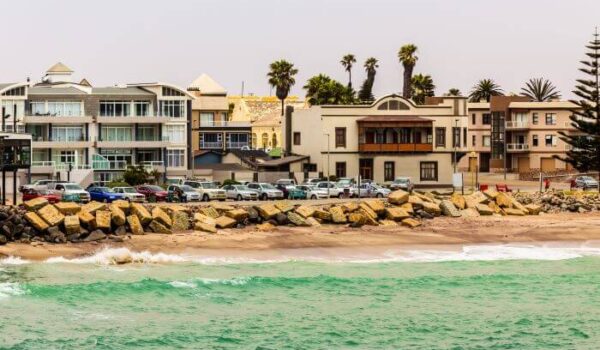
By: Wonder Guchu
(This article was first published on Eagle FM pages on 22 December 2020. It was titled ‘Job’s toughest job is breaking down the systems’)
Windhoek mayor Job Amupanda has good ideas. Very good ideas. But the system could be his biggest hurdle.
So, what is the system? It is the landed people. Those who are holding chunks of city land may not be willing to give it over. Some of them are holding the land for speculative purposes.
I have asked the former-former mayor of Windhoek Muesse Kazapua about the issue of land in Windhoek. I also asked the former mayor Francina Kahungu about city land. And I asked the then CEO Robert Kahimise about the same.
From the answers I got, Windhoek City does not have much land left under its ownership. In fact, I deduced this because none of them was able to answer the question directly.
This means that there is a system designed such that just a few monied people own land in Windhoek. The land is their security. It is their investment. Taking it away will not be easy.
Remember that there was a coalition, and this means that dismantling the system that gave land to one party’s supporters may not be easy or accepted.
The other system that will certainly stand firm on Job’s path is the banks. It is not a secret that banks make much of their profit from housing, i.e., the land because no house is built in the sky.
Even the National Housing Enterprise could not sell houses on its own without roping in the banks. All the public-private partnerships the City of Windhoek has entered into involve the banks. That is where the money is. Everybody goes there for the money. The ultimate result, it is the banks making more.
If Job puts on the table a system that will smash into smithereens the system that has made it possible for banks to make money from the land, some of them will close down or run heavy losses.
It is not necessary to mention who owns most of the banks in this country. And it is not a secret either as where the money ends up.
The third hurdle is politics. Job is an AR mayor who came in as a result of a coalition. Swapo that has ordinary council members runs the government. The coalition that ushered Job into office came in to disentangle Swapo’s 30-year-old stronghold on power in the Windhoek municipality.
Of course, President Hage Geingob has said that he would not starve the opposition parties’ strongholds. But hey, talk sometimes is just talk. Geingob can have such grand ideas but those who work with and for him may have other ideas. It is this politics that may stand in Job’s path for reform. To deny that politics could hamper Job’s plans is lying to ourselves.
Then there is corruption within the City of Windhoek that has made it possible for systems that have not worked for the majority to thrive. Remember when Kahimise came in, he said that one of his major fights was uprooting corruption. Of course, Kahimise’s position and that of Job are different but somehow one can see that what needed to be done in terms of eradicating corruption is the same.
The corruption in Windhoek has taken away so much from the needy and given so much to those who already have. The corruption has also made it impossible for those who want land not to have it because they cannot afford the prices. It suffices to say that those who benefitted and still benefit from the corruption will not be willing to let go of their chicken that lays eggs.
The other hurdle is how to make the City of Windhoek make money not from overcharging people for non-existent services, but real service provided.
There have been stories in the recent past where the City of Windhoek was said to be bankrupt. It is a good thing that Job says those who cannot pay their debt should have the debt written off. This is possible but then there must be a plan of making money. And the city can make a lot of money from the land.
First National Bank report in February 2018 indicated that 31 613 of the 95 202 households in the capital are shacks. The housing backlog for affordable housing stood at 55 892 homes.
So, why not allocate plots and give title deeds to some of the people on the waiting list? And then ask them to start paying small amounts per month to raise money to service the plots? After all, is it not that those who are getting land from City are going to get money from the banks using the land as security? But the city does not have to go to any bank because those getting plots and have title deeds can pay small amounts towards their own land.
*Wonder Guchu is an author of six books, a playwright, a poet, a columnist, teacher and researcher.









Comments